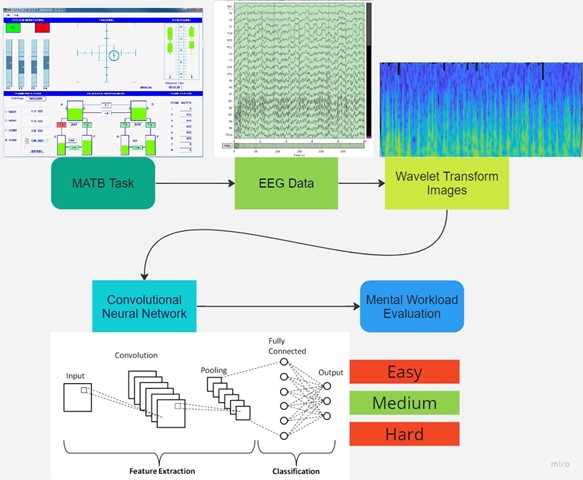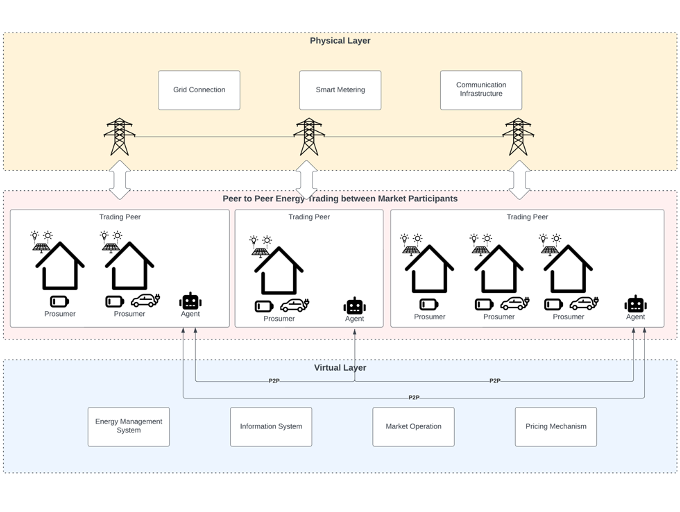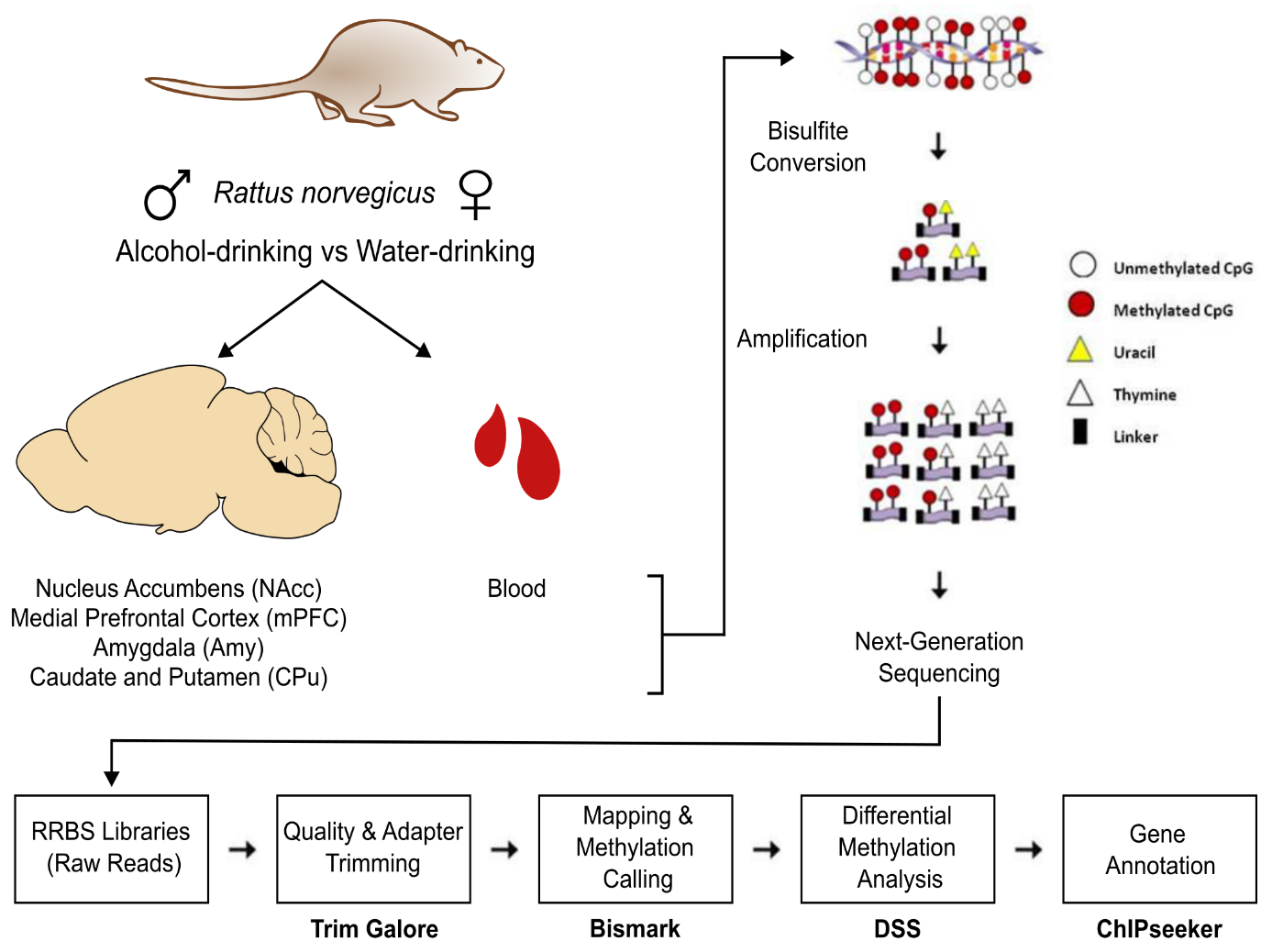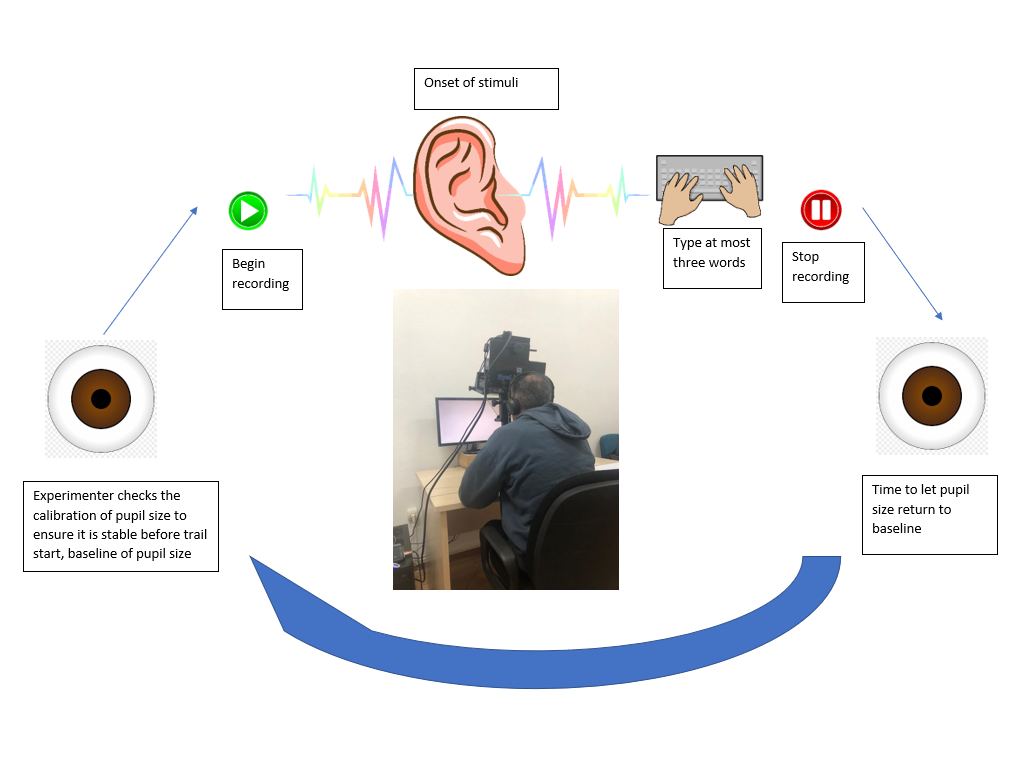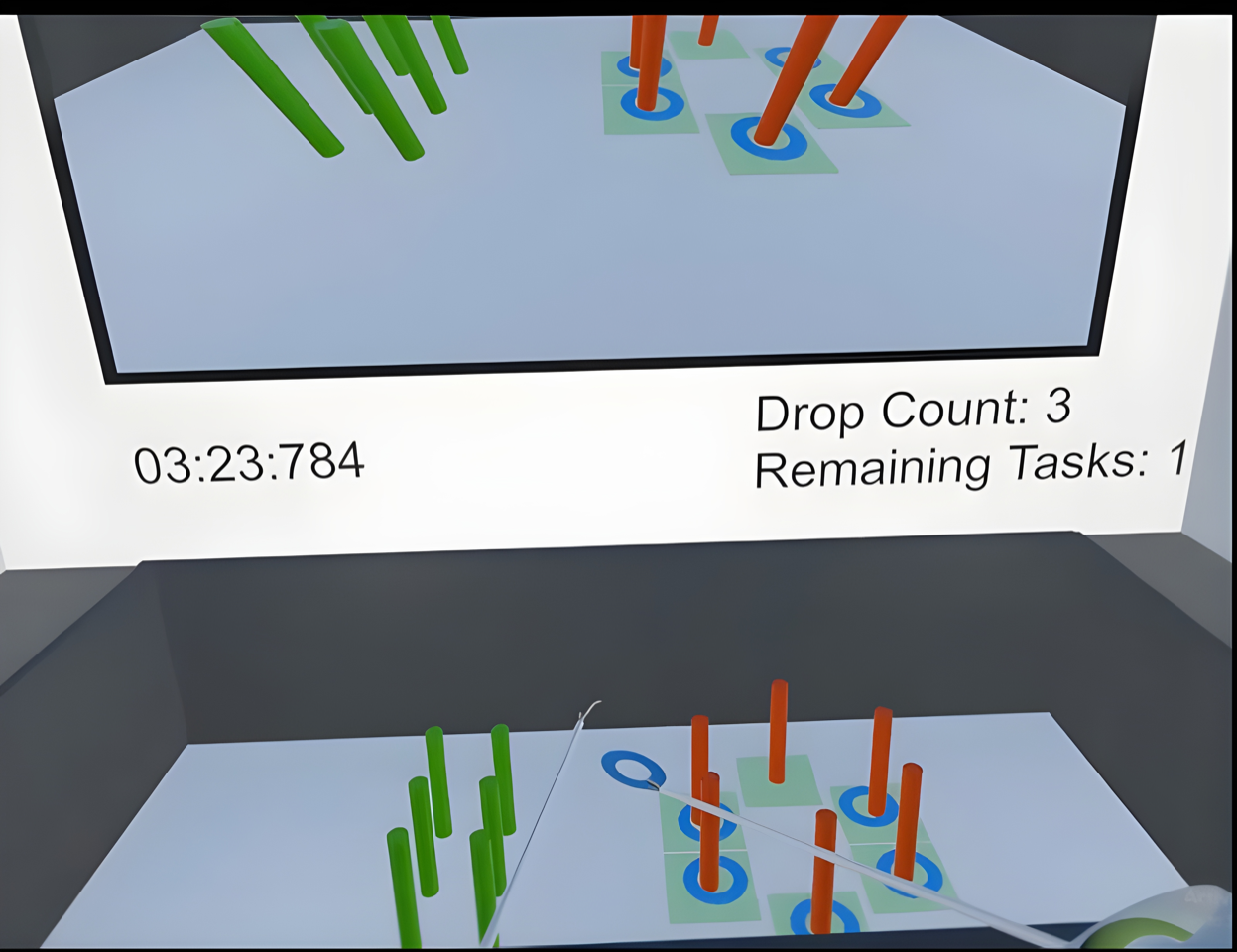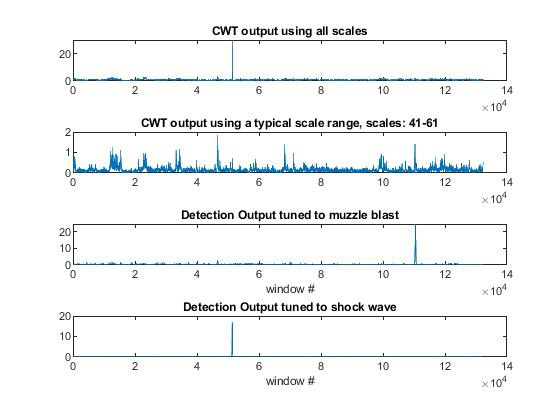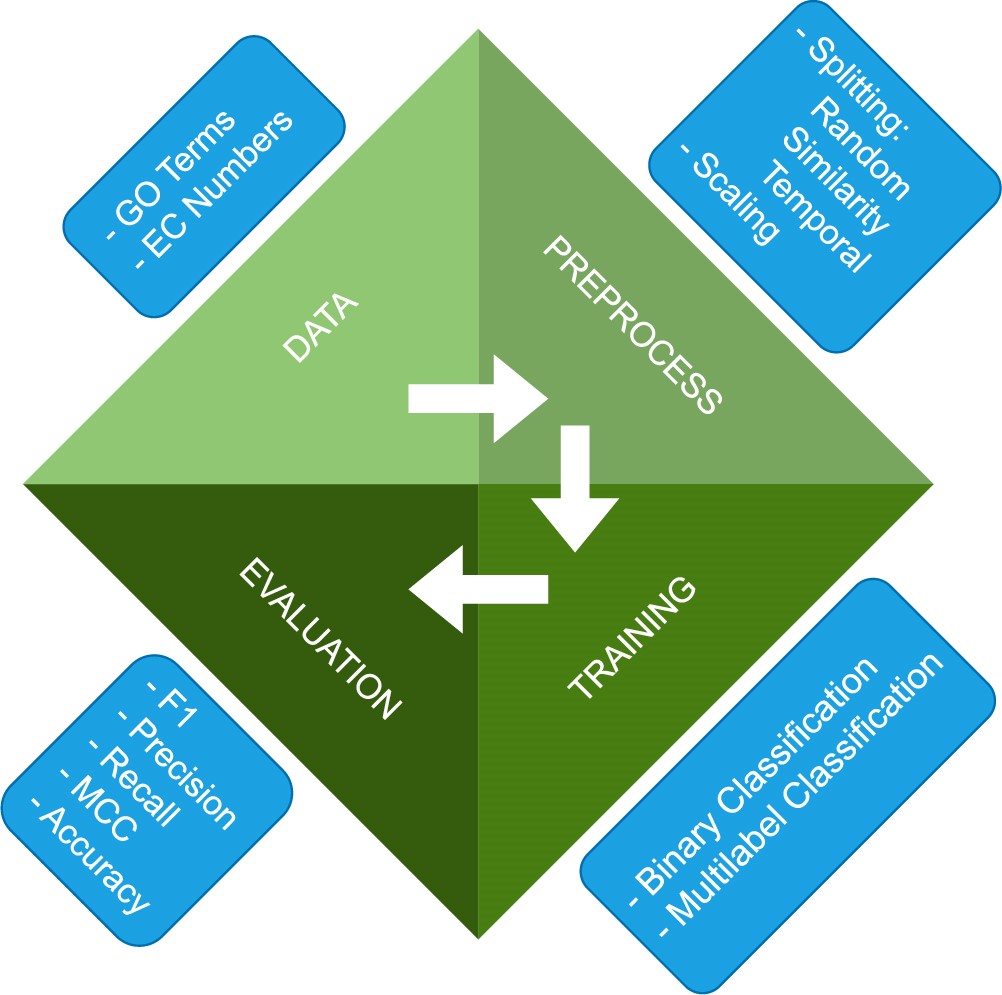Volkan Doğan, Deep Learning Classification of Cognitive Workload Levels from EEG Wavelet Transform Images
The study aimed to classify task difficulties using wavelet transform images of EEG signals and deep learning models. The EfficientNet-B0 model achieved the highest accuracy, but its performance varied significantly across individuals and task difficulties, indicating limited generalizability. The study suggests a need for further research to improve model generalizability, optimize performance, and validate the models on larger, more diverse datasets.
Date: 06.09.2023 Place: MODSIMMER Meeting Room
